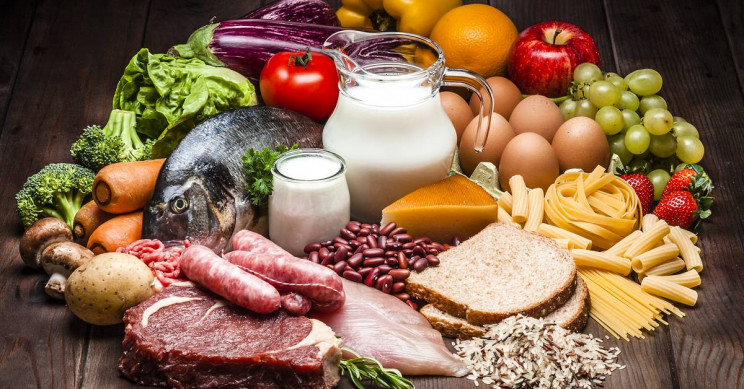The term ‘Essential Nutrients’ refer to the nutrients which are compounds needed by the body to maintain good health, prevent diseases and sustain growth. The importance of nutrients for the body is immense. They must be acquired from food as our bodies cannot make those in sufficient quantity. These nutrients are the key elements that help us live a healthy life.

What Are The Types Of These Nutrients?
There are several essential nutrients. According to the best nutritionist, there are broadly two categories to classify the nutrients. They are – Macronutrients and Micronutrients, depending on the quantity in which they are required.
Macronutrients: These are needed in large quantities. Humans consume these in large amounts and they form the staple diet. Macronutrients like protein, carbohydrates, and fats provide the body with energy.
Micronutrients: Vitamins and minerals fall under the category. They are needed in lesser quantities, but small doses do go a long way.
A Quick Glance at the Major Nutrients:
Read on further to get an idea of the major nutrients needed by the human body and the roles they play. The major groups are Protein, Carbohydrates, Fats, Vitamins, and Minerals. Prepare to dive deeper and take a closer look at each of those.
How Is Protein So Important For Proper Health?
Protein is necessary for proper body growth, maintenance and health. Not just for the fitness freaks and body-builders, protein is required by everyone. They build, nourish and maintain muscles. Every cell of the body, from hair to bone to skin, contains protein. Eggs, fish, meat are great animal sources of protein. Vegan sources include beans, soy, nuts, and grains.
Why Our Staple Foods Are Carbohydrates?
Carbohydrates serve as fuel for the human body. Their function includes providing energy, nourishing the brain and central nervous system and protect against disease. This is the reason why fifty to sixty percent of our daily diet consists of carbohydrates.
Healthy sources of carbohydrates include whole grains, beans, fiber-rich fruits, and vegetables. Bread, pasta and refined grains are also good sources.
Are The Fats Helpful Or Harmful For The Body?
You may have the preconception that fats are not good for your body. But recent researches prove that healthy fats are vital parts of any healthy diet. They support functions like vitamin and mineral absorption, building cells, blood clotting, and muscle movement. They decrease the risk of heart disease, type 2 diabetes, balance blood sugar level and improve brain function. Nuts, fish, seeds and vegetable oils such as avocado, olive, and flaxseed are good sources of healthy fats. Coconut oil also provides plant-based fats.
What Role Does Vitamin Play In The Diet?
Vitamins are necessary for staying healthy and warding off many diseases. Humans require 13 essential vitamins to sustain sound health and proper body function. Each vitamin has its unique role and deficiency of these can affect your vision, bones, and skin. Moreover, they lower the risks of lung and prostate cancer and boost the immune system. You can get all the vitamins you need by maintaining a healthy, balanced diet. If you have a healthy digestive tract and intake a proper diet, you would not need vitamin supplements.
What Are The Functions Of Minerals?
Minerals are micronutrients, like vitamins, which are needed in small quantities for different body functions like regulating the metabolism, building strong teeth and bones and staying hydrated. Several other vital functions are done in the body with the help of minerals like zinc, calcium, and iron. A healthy diet plan drawn up by the best nutritionist would include all the minerals your body needs.
You must understand the importance of nutrients for the body by now. To ensure that you acquire all these necessary nutrients, maintain a balanced diet including fruits, vegetables, healthy proteins, fats, and whole grains. Eat well and stay healthy.


 +61 412 244 677
+61 412 244 677 info@healthandfood.com.au
info@healthandfood.com.au